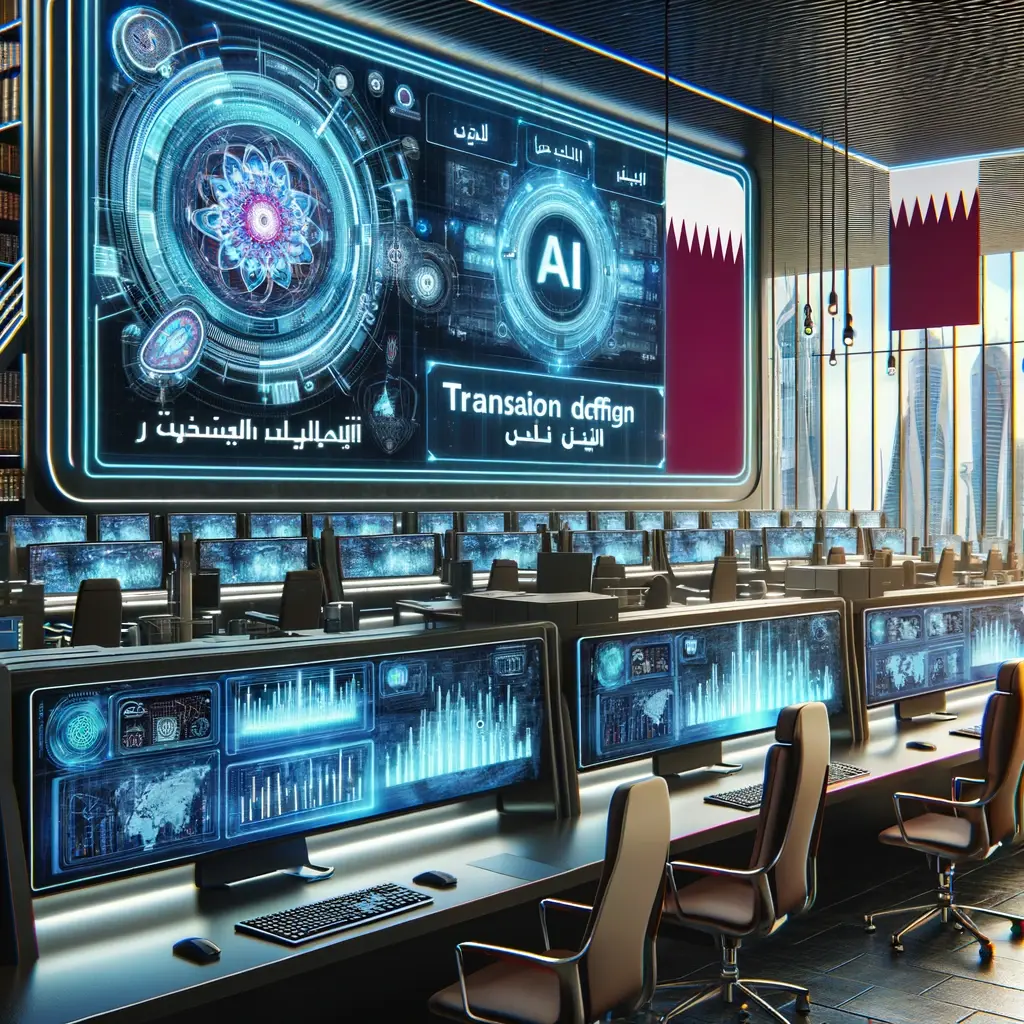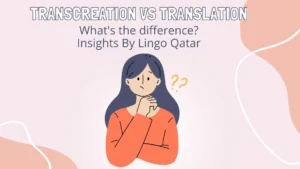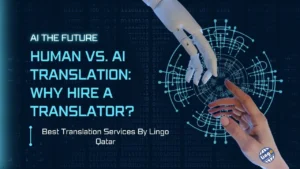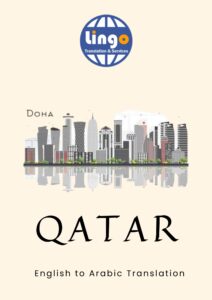Navigating the Complexities of Document Translation: A Guide for Qatar’s Global Connectors
Introduction
In an era where Qatar stands as a burgeoning hub of international business, cultural exchange, and academic prowess, the need for effective document translation has never been more vital. This blog post delves into the intricacies of document translation, offering insights and guidance tailored to our Qatar-based audience.
What is Document Translation?
Document translation is more than converting words from one language to another; it’s about conveying meaning, preserving nuances, and respecting cultural contexts. Unlike verbal interpretation, it requires a meticulous approach, often involving industry-specific knowledge.

Types of Documents That Need Translation
Qatar’s diverse economy and international partnerships necessitate the translation of various documents. Legal documents ensure smooth international transactions, while medical and academic document translations bridge the gap between global health and education sectors. Business and government documents further facilitate Qatar’s role on the world stage.
Challenges in Document Translation
The primary challenge lies in capturing the essence of the original text. This includes understanding local dialects, idioms, and cultural references. Technical jargon, particularly in industries like oil and gas, which are pivotal to Qatar, require expert knowledge. Moreover, legal compliance and formatting are critical in maintaining document integrity.
The Translation Process
The process involves thorough steps, ensuring accuracy and context. It’s imperative that translators are well-versed in the specific field and utilize advanced tools to maintain consistency and efficiency.
Choosing a Translation Service
When selecting a translation service in Qatar, consider their expertise in Arabic and other
relevant languages. Assess their understanding of the local business landscape and legal requirements. Prompt service and respect for confidentiality are non-negotiable.

Tips for Preparing Documents for Translation
A well-prepared document ensures a smoother translation process. Clarity and context are key. Providing glossaries or company-specific terminology can be immensely helpful.
Emerging Trends in Document Translation

AI and machine learning are revolutionizing translation, but the human element remains irreplaceable, especially for nuanced texts. Localization is becoming increasingly important, as it ensures that content resonates with the local culture.
Costs and Budgeting for Document Translation
Costs vary based on language, complexity, and turnaround time. In Qatar’s
dynamic market, it’s prudent to allocate a flexible budget for translation services, considering the potential for complex and urgent translation needs.
Ethical and Legal Considerations
In Qatar’s multilingual landscape, the accuracy of translations isn’t just a matter of professionalism; it’s a legal imperative, especially in contracts and official documents. Maintaining confidentiality, especially in sensitive sectors like finance and healthcare, is paramount.
Case Studies or Success Stories
Consider the success of international conferences in Doha, where accurate translation of documents played a crucial role in facilitating global dialogue. These cases exemplify the importance of quality translation in fostering international relations and business.
Conclusion
As Qatar continues to establish itself as a global nexus, the demand for professional document translation services is at an all-time high. This guide aims to equip you with the knowledge to navigate the complex world of document translation, ensuring your endeavors in Qatar and beyond are linguistically and culturally aligned.





